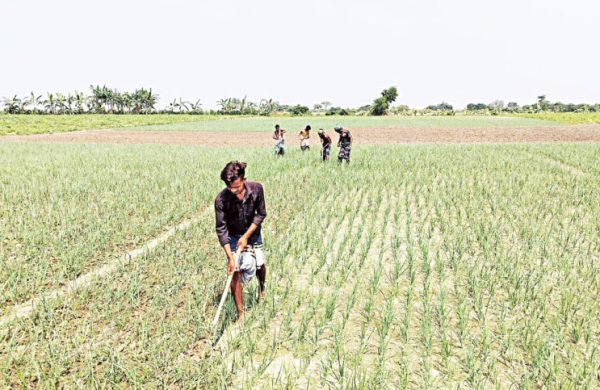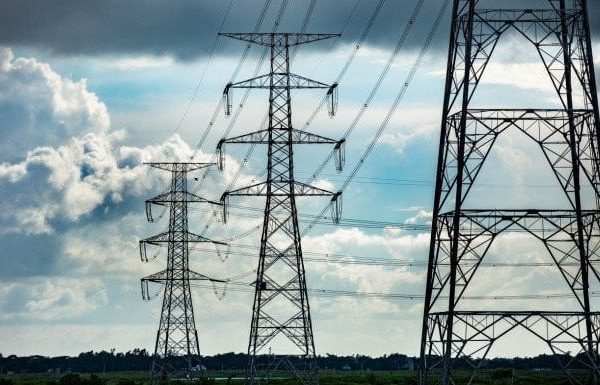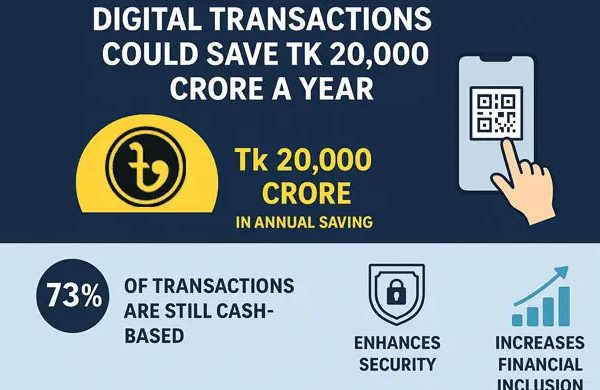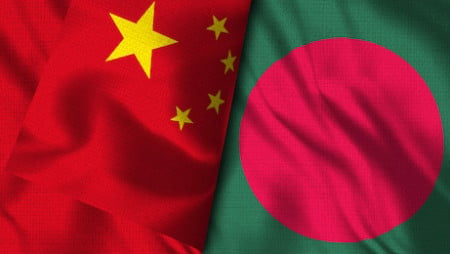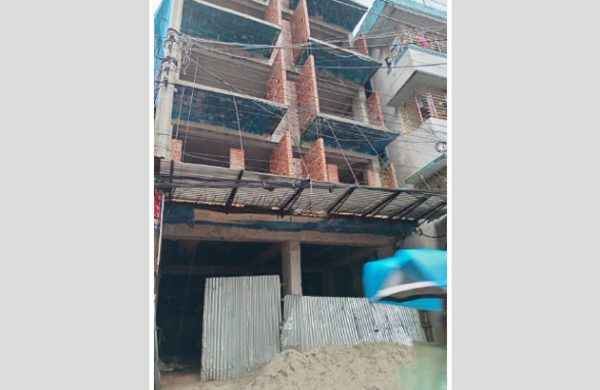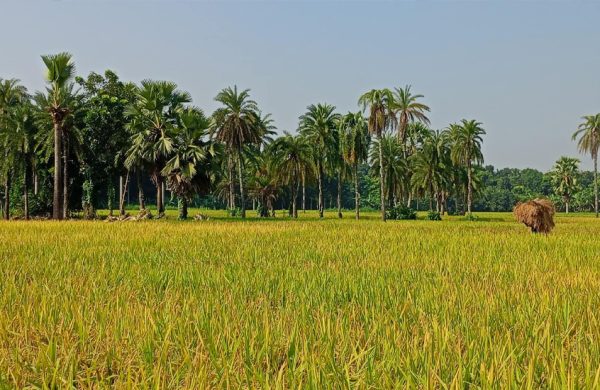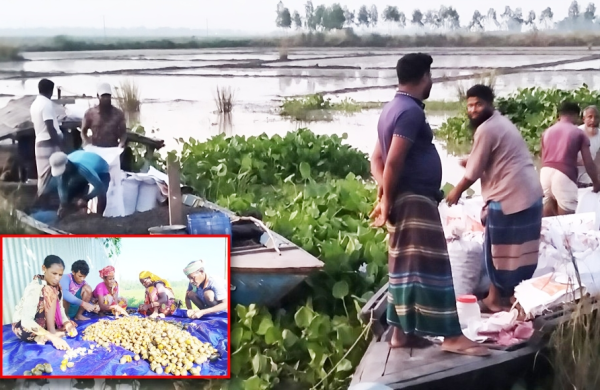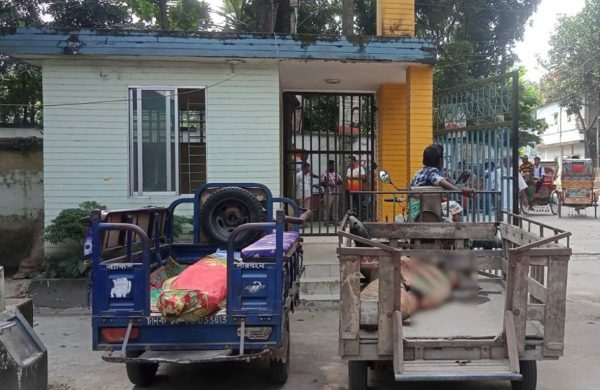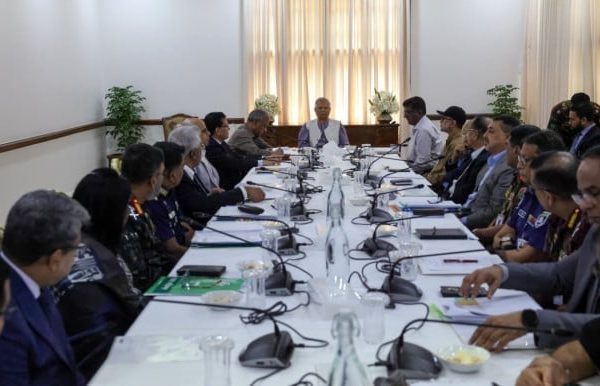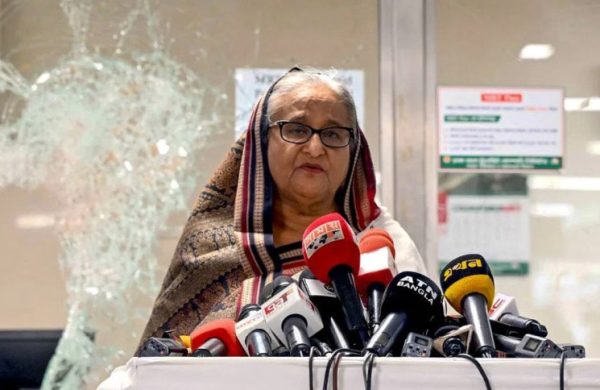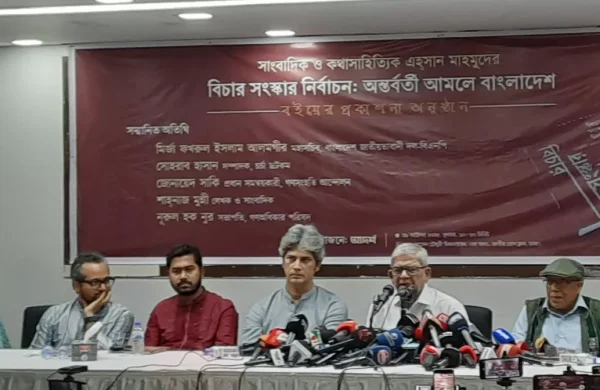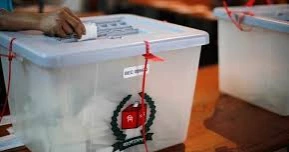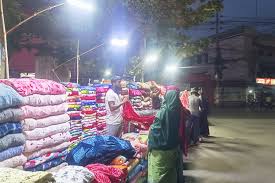Burden of taxes intensifies as revenue woes deepen
- Update Time : Sunday, January 26, 2025
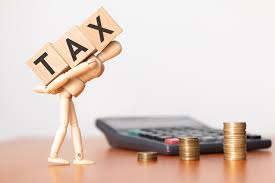
TDS Desk:
The uncertainty in the country’s political landscape has impacted its economy. The interim government period has seen a decline in business confidence and investments, along with slower production, supply chains, and marketing efforts, raising concerns over law and order.
The government is desperately seeking loans from international institutions like the IMF. Domestically, it is trying to raise funds by increasing the interest rates on savings certificates, but success remains elusive.
The strain is evident in the national revenue collection. To generate funds quickly, the government has placed the burden of taxes on the public, introducing VAT on over 50 goods and services early in the year, following IMF recommendations.
Protests from businesses, economists, politicians, and consumers forced partial reversals of these tax measures. Experts have criticised the government’s approach, calling it hasty and short-sighted, worsening inflation in an already struggling economy.
Despite ambitious targets left by the outgoing government, revenue collection has fallen short, with a deficit of Tk58,000 crores in just six months. Interim measures like raising taxes without expanding the tax net have been deemed shortsighted.
The IMF has set conditions to raise the tax-to-GDP ratio by 0.2%, adding to the 4.8 trillion BDT target. Revenue collection faced a sharp decline amidst business disruptions in July-August, causing the market to become more volatile.
New taxes and VAT have been imposed on products like biscuits, medicines, imported fruits, soaps, clothing, LPG, and even internet services. While some were later withdrawn, the market instability has deeply affected ordinary citizens.
The National Board of Revenue has faced criticism for its unilateral decisions without consulting stakeholders. Critics have compared the decisions to colonial-era policies, highlighting mismanagement and bureaucratic flaws.
Economic analysts have emphasised the need for impact assessments and better negotiation with the IMF. Businesses and economists agree that imposing additional taxes during an economic slowdown is counterproductive.
Experts stress that the separation of politics and economics is impractical. A stable political environment is crucial for economic growth, investment, and business expansion. The future of the economy depends heavily on upcoming political developments.
To combat the economic fragility, the government must refrain from imposing new taxes or VAT. Policies should focus on easing inflation and reducing the burden on businesses to encourage economic recovery.


